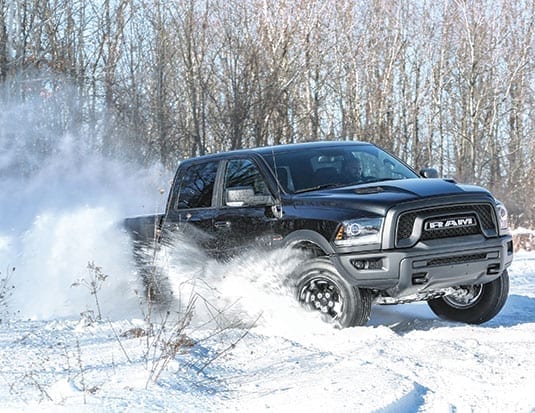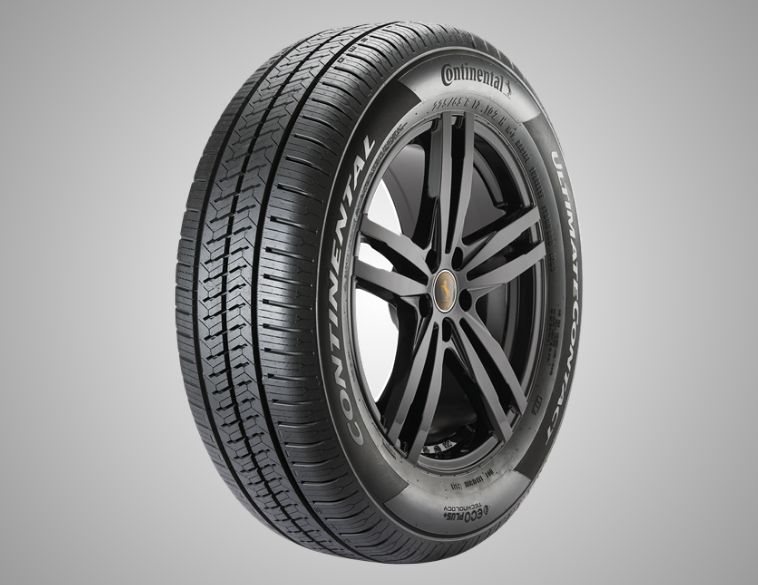Ask the right questions before making recommendations.
With well over half of consumer vehicles in the light truck segment, it’s not surprising that everyone wants in on the action. But all too often, consumers can wind up with the wrong tire.
“There are guys driving around on lifted trucks with 40 inch mudders, and they’re noisy, not very fuel efficient, and won’t wear well,” says Greg Cressman, technical services director, Yokohama (Canada). “If one of these guys comes to you and asks for the best tire for their vehicle, in 95 percent of cases, you’re not going to sell them a mud tire.
“You’re going to ask, where are you going to drive? Who’s going to be using the truck? What speeds are you doing? What road surfaces are you going to be on?” says Cressman. “How many kilometres a year do you drive? How long do you expect these tires to last? Retailers need to ask all these things.”
Replacement market
He also points out that tire retailers are usually in the replacement market. “If someone tells us they need new tires, we have to ask what type of tires are on their vehicle now, and are they happy with the tires?” Cressman says. “If they’re happy with the tires they have, then you understand where they’re starting off, and tailor your recommendation to something similar that has already proven itself.”
But if the consumer isn’t happy, then retailers have to dig to find out where there’s room for improvement. “It might be mileage, noise level, vibration or harshness,” says Cressman. “These can impact comfort. You have to understand the application and what that user is after.”
It’s important to quantify the consumer, according to Darrin Bossence, VP of Sales at Dynamic Tire. “One of the first questions you ask is how long is the consumer going to keep the vehicle. If it’s going to be handed in on a lease in a year, that’s going to be a big factor in what tires you suggest. You want to get the right mileage tire for how long the vehicle is going to be kept.”
Vehicle usage
The most important questions to ask when selling a light truck tire are related to vehicle usage. “What are they going to use the vehicle for?” asks Will Robbins, Product Manager, consumer replacement, Bridgestone Americas. “Is it going to be used to carry heavy loads? Are they towing a trailer? Do they need highway performance? Do they need some all terrain capability or off-road capability? Winter capability?”
Many LT tires come with the Three Peak Mountain Snowflake certification, which means that they offer more winter performance than the traditional all-season tire, especially for Quebec. “This means they can use the tire all year round,” says Leo Chan, Product Manager, passenger and light truck tires, Continental Tire Canada. “But we recommend that for the best winter performance, the tire should be a true winter tire.”
Bossence doesn’t recommend all terrain tires for snow conditions. “They’re not any better than highway terrain tires. They can get clogged full of snow,” he says. “There’s more void to rubber ratio, so they fill up with snow and they can be as slippery as any tire. Even if the truck is 4WD or AWD, that doesn’t do anything when you’re trying to stop. If a consumer is going to be driving anywhere in the winter, my suggestion is always go with true winter tires.”



